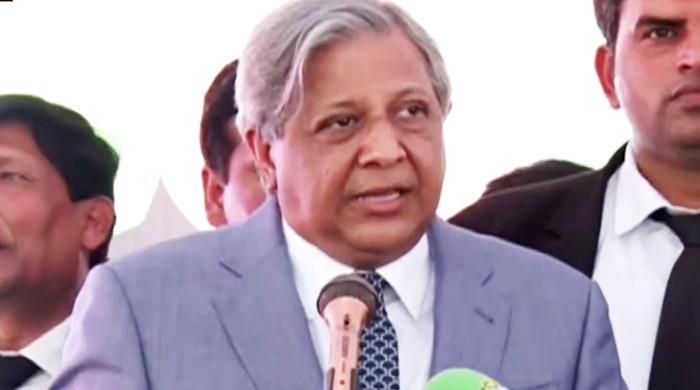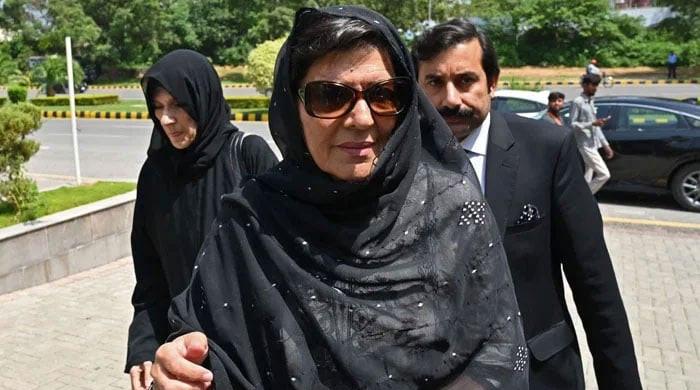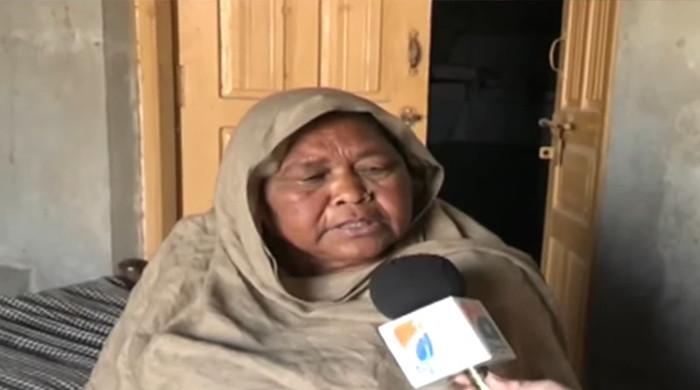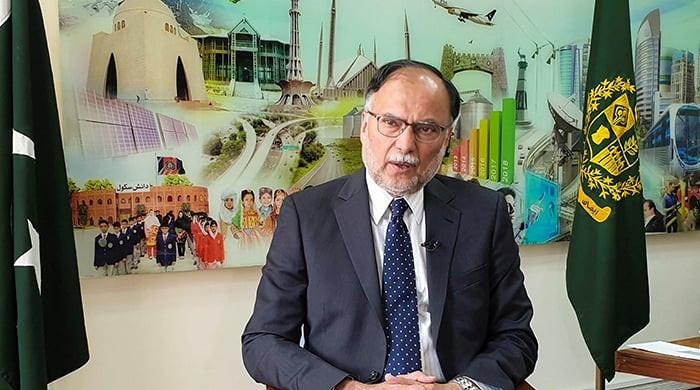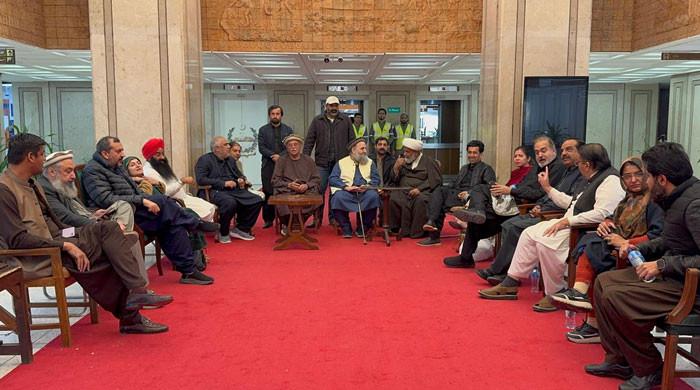Should political leaders be allowed to hold dual citizenship?
In July, the government drafted a bill to allow dual nationals to contest elections
October 01, 2019
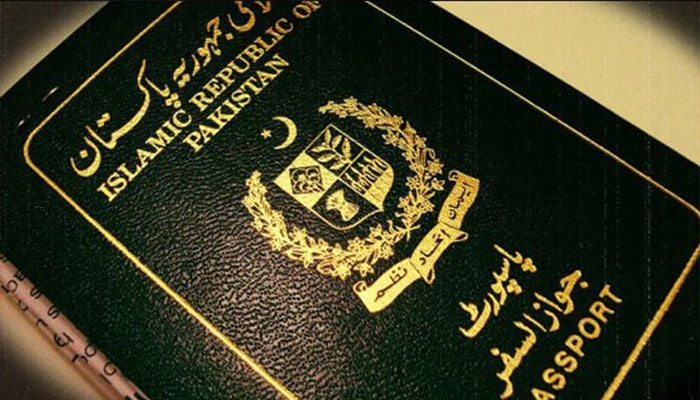
In July, the government drafted a bill to allow dual nationals to contest elections. Under the bill, announced Azam Swati, the minister for parliamentary affairs, those who won will have to renounce their foreign nationality before taking oath as a lawmaker.
In a post-election address, Prime Minister Imran Khan called overseas Pakistanis the country’s “greatest asset”. “We will invite them into the country,” he said, “We will give them an opportunity to invest.”
Since then, his government has rolled out a slew investment schemes and incentives to attract the Pakistani diaspora to invest. As for the bill, it has yet to be tabled in the parliament and the senate. But in the country, the issue of dual citizenship is a tricky one. Previous attempts to let dual nationals compete have raises questions of conflict of interest and divided loyalties.
Also, Article 63, section c, of the constitution, clearly lays out the condition for being a member of the parliament. It states, as reprinted below, that a person will be disqualified from being elected if he/she “ceases to be a citizen of Pakistan, or acquires the citizenship of a foreign state.”
*63. Disqualifications for membership of Majlis-e-Shoora (Parliament).—(1) A person shall be disqualified from being elected or chosen as, and from being, a member of the Majlis-e-Shoora (Parliament), if¬—
(a) he is of unsound mind and has been so declared by a competent court; or
(b) he is an undischarged insolvent; or
(c) he ceases to be a citizen of Pakistan, or acquires the citizenship of a foreign State; *
“If Pakistan wants to allow dual nationals to contest elections, it will need to make an amendment to this Article of the constitution,” said Ahmed Bilal Mehboob, president of PILDAT (Pakistan Institute of Legislative Development and Transparency) in a video message. “For that they will need a 2/3 rd majority in the senate and the national assembly.”
In the United Kingdom, a person is allowed to contest in the national polls even if he/she is a citizen of the European Union. However, in India and Bangladesh, dual nationals are barred from participating. In the United States, there is no disclosure requirement in the country’s laws regarding dual citizenship when running for office.
“One positive of allowing dual nationals to contest would be that it will allow Pakistan access to qualified individuals from across the world,” Mehboob said, “These people can improve our political atmosphere in the long run.”





